The MRF currently has the capacity to sort around 30,000 tonnes of dry recyclables a year and this is being extended to around 60,000 tonnes a year. New equipment, including a ballistic separator and optical sorting technology, is also being installed by Irish company KMH Ltd.
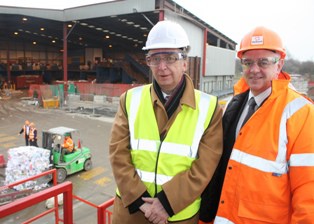
The investment is being made off the back of a new five-year contract won by Wastecycle to sort dry recyclables on behalf of Nottingham city council. The company has already been handling material from Nottingham for several years, but the new agreement gave it the long-term certainty needed to invest. The deal covers around 20,000 tonnes of recyclables collected through the councils kerbside collection service a year but this is expected to rise.
Once operational, the extra MRF capacity will be used by Wastecycle to sort more dry recyclables from businesses. In the past, the company found such material was often contaminated with food waste and could not be sorted in the same facility as material from households. However, it has now launched a separate food waste collection service and claims the quality has improved as a result.
Work on expanding the MRF began two months ago and Wastecycle expects it to be completed and fully operational in early 2012.
Kevan Wilcockson, Wastecycles recycling director, said: The building extension is two weeks away from completion and the new equipment will be installed, commissioned and be fully operational by the Spring.
Were pleased to be given this opportunity to continue to work with Nottingham city council for a further five years in support of their commitment to recover and recycle valuable materials from household waste. Our continued investment in new technology and jobs will strengthen our ability to offer sustainable and innovative solutions for dealing with all types of waste generated by the public and commercial sector in Nottingham.
Councillor Alan Clark, portfolio holder for energy and sustainability at Nottingham council, said: Nottingham residents are keen to recycle and reuse as much of their household waste as possible. Wastecycle are a key partner in improving recycling in Nottingham, as their Colwick plant retrieves 90% of waste for future reuse or recycling. This is great for the environment, reducing the amount of rubbish going to landfill, reducing the citys carbon footprint and saving energy and money too. Reusing glass, for example, uses much less energy than creating bottles and jars from the raw materials.
Site
At the large Colwick site, Wastecycle has a number of recycling facilities. Alongside the municipal MRF, it has another MRF for sorting commercial, industrial and construction waste, a wood recycling facility, a recycled aggregate production facility and plasterboard recycling facility. The company also produces refuse-derived fuel from commercial and industrial waste which it sends to Cemexs cement kiln in Rugby. Wastecycle is also responsible for running the only recycling centre in Nottingham, which has one of the countrys highest recycling rates at 91%. The company has around 30 collection vehicles which it uses to collect commercial and industrial waste from throughout Nottingham.
Related Links
I believe Wastecycle is unique because every facet of recycling is catered for at the Colwick site, said Mr Wilcockson.
In September 2011, Wastecycle acquired a company called Maxi Waste Ltd based in Leicester. The acquisition included two materials recycling facilities in Leicester with a total capacity to sort around 75,00 tonnes of commercial, industrial and construction waste a year alongside a waste collection fleet.




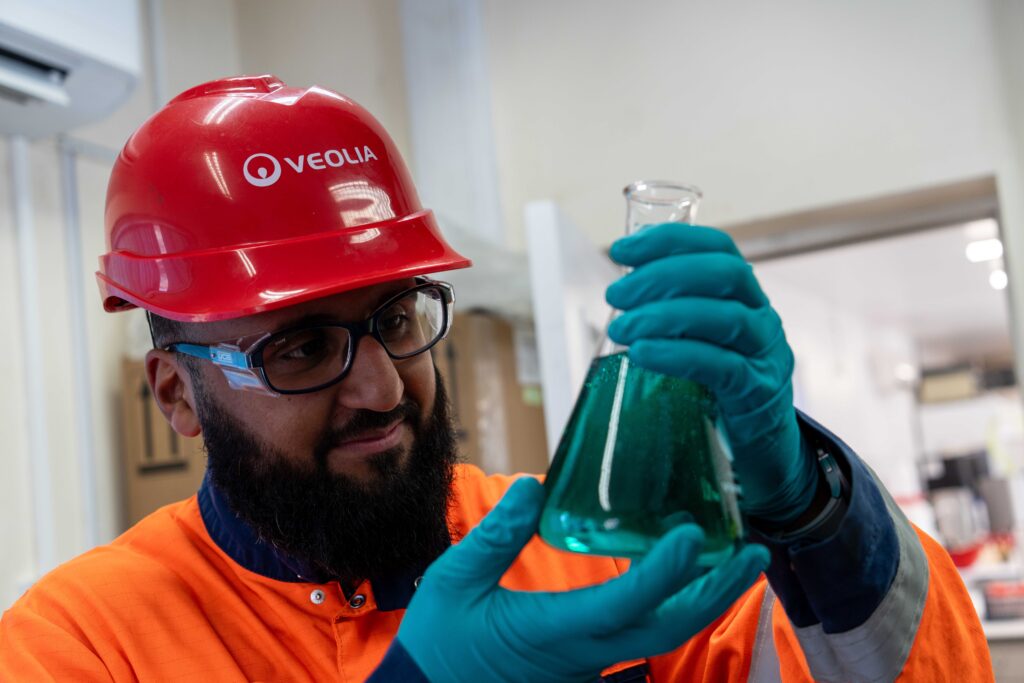
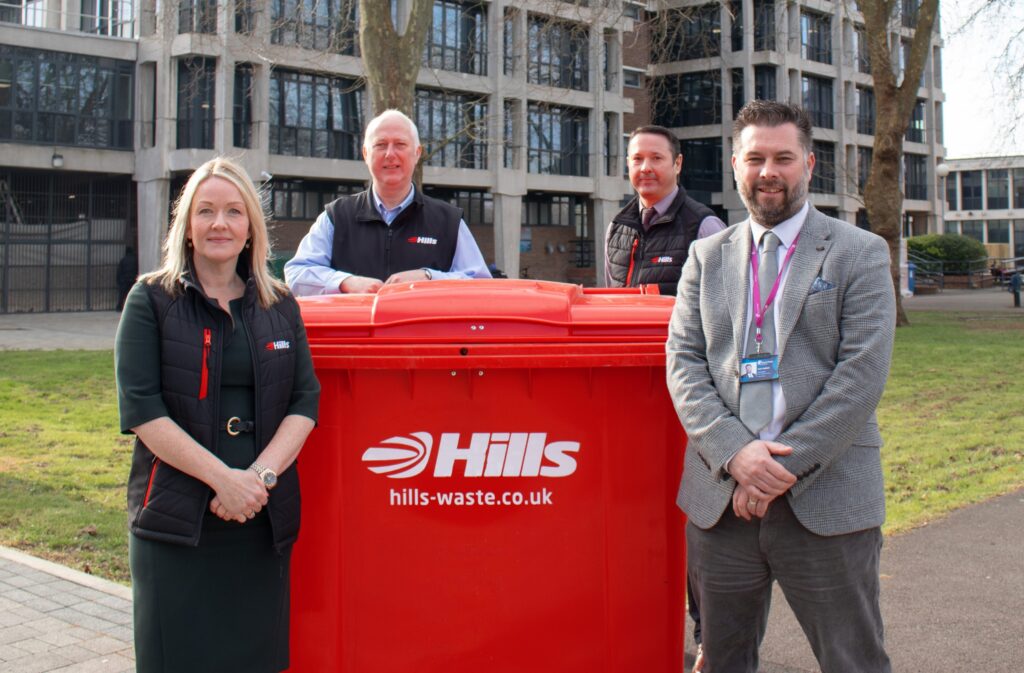
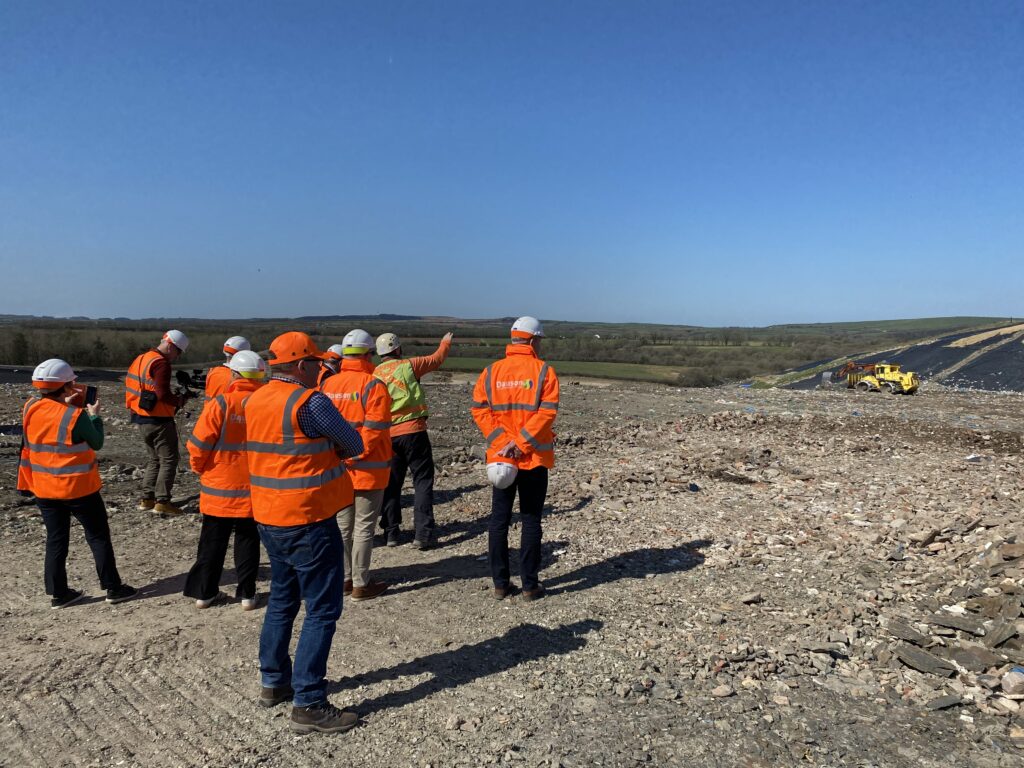
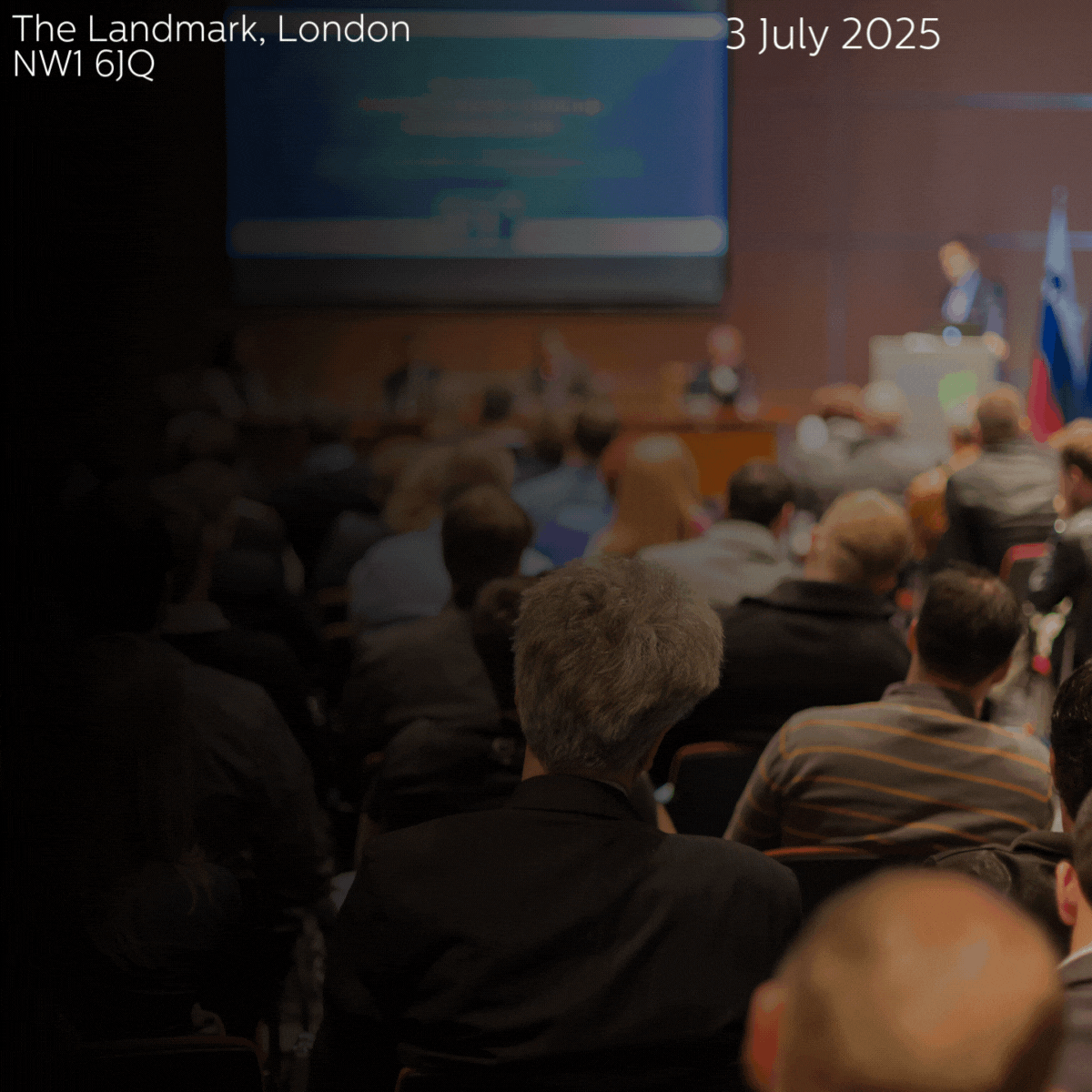
Subscribe for free